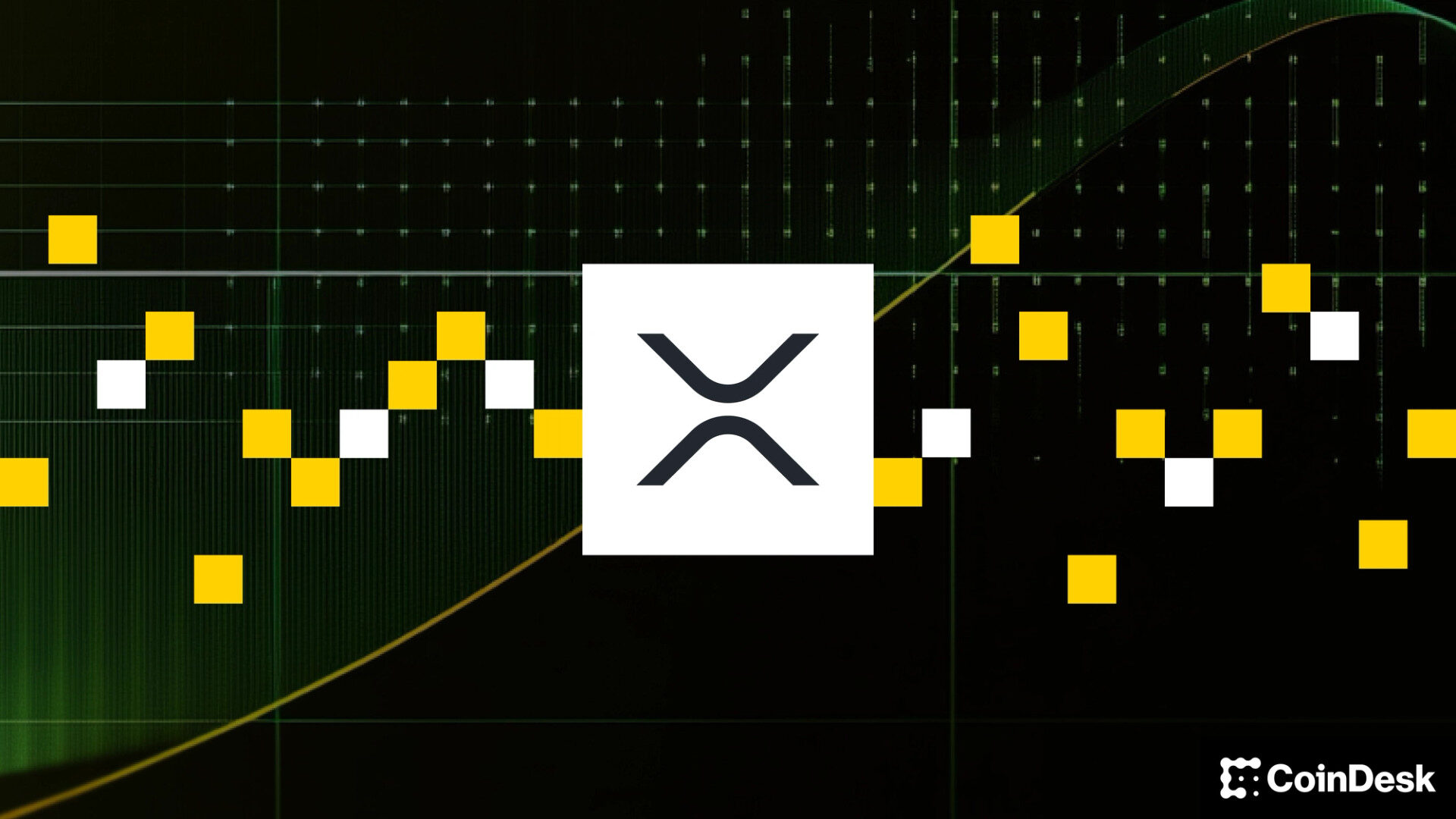-
Back to menu
Prices
-
Back to menu
-
Back to menu
Indices -
Back to menu
Research
-
Back to menu
Events -
Back to menu
Sponsored
-
Back to menu
Videos -
Back to menu
-
Back to menu
-
Back to menu
Webinars
Select Language
The introduction highlights a push to tie the XRP ledger into cross-chain liquidity flows, with returns projected at 6%–8% dependent on strategy performance.
By Shaurya Malwa|Edited by Sheldon Reback
Sep 22, 2025, 9:13 a.m.

- Midas and Interop Labs introduced mXRP, the first liquid-staking product tied to the XRP ecosystem, at XRPL Seoul 2025.
- The product aims to convert dormant XRP supply into yield-bearing assets with expected returns of as much as 8%.
- The token is integrated with XRPL’s EVM ecosystem, allowing users to engage with DeFi protocols for additional opportunities.
Real-world assets (RWA) focused project Midas and Interop Labs unveiled mXRP, an attempt to channel dormant XRP supply into yield-bearing structures the could deliver returns as high as 8%.
Announced at XRPL Seoul 2025 on Monday and pitched as the first liquid-staking product tied directly to the XRP ecosystem, the product is minted on XRPL’s EVM through audited contracts. XRP is bridged in and wrapped under Midas’ tokenized certificate framework.
STORY CONTINUES BELOW
MXRP can be used as a structured vehicle that users can slot into existing decentralized finance (DeFi) infrastructure, with early strategies including market-making and liquidity provisioning.
Targeted net returns are set in the 6%–8% range, with outcomes fluctuating depending on underlying strategy performance.
“Much of the XRP supply has been dormant for years; mXRP provides a transparent mechanism for users to access on-chain strategies,” said Dennis Dinkelmeyer, co-founder and CEO of Midas. “With strong community demand and DeFi integrations, we believe mXRP can play a key role in unlocking new use cases for XRP.”
The mXRP token is fully integrated within the XRPL EVM ecosystem at launch and can be deployed across DeFi protocols, such as lending markets and native integrations, to access additional opportunities.
More For You
By Jamie Crawley, AI Boost|Edited by Stephen Alpher
Sep 20, 2025

This could be the beginning of a new tech stack — one in which AI, not humans, becomes the primary developer of applications, says Dfinity founder Dominic Williams.
What to know:
- Internet Computer (ICP) runs AI models as smart contracts, positioning itself as a “self-writing internet” where AI, not humans, builds and updates applications.
- Dfinity founder Dominic Williams says crypto markets still reflect speculation and treasury operations rather than real adoption, but predicts ICP’s upcoming AI features will force a market revaluation.
- Early hackathons show non-technical users building practical apps with AI on ICP, from pothole-mapping platforms to will-creation tools, pointing to a future where anyone can generate software just by talking to AI.













